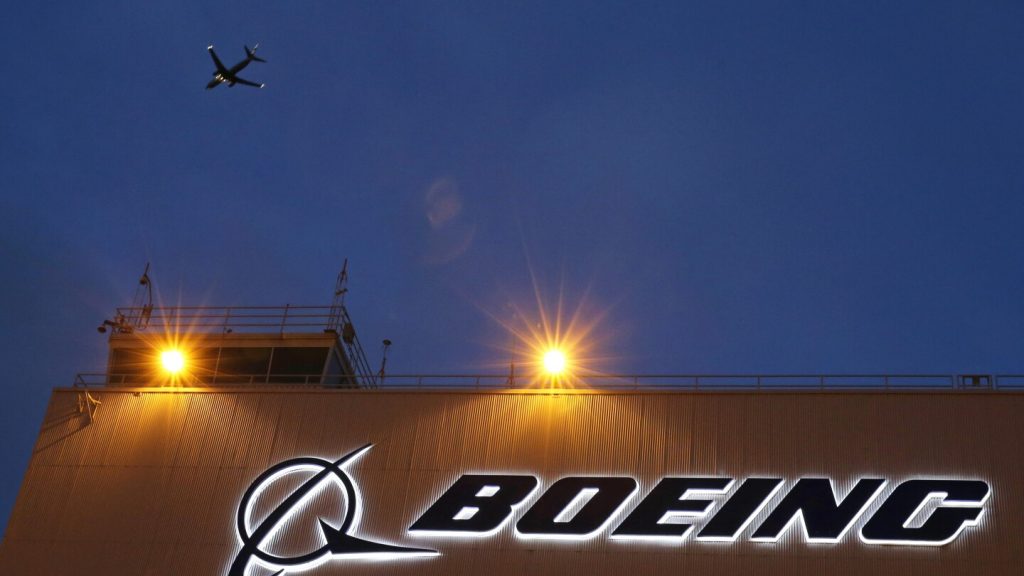The Justice Department has determined that Boeing violated corporate probation for deceiving federal regulators in relation to two deadly crashes involving the company’s 737 Max jetliners. While this does not automatically mean that criminal charges will be revived against Boeing, a decision is expected within the coming weeks. Boeing had previously entered into a settlement in 2021 to avoid prosecution for its actions leading up to the crashes, but the Justice Department now claims that the company failed to meet the terms of the agreement, particularly in setting up measures to prevent violations of U.S. anti-fraud laws, without specifying whether actual fraud was committed.
The crashes in Indonesia and Ethiopia that occurred in 2018 and 2019, respectively, resulted in the deaths of 346 individuals. Following the second crash, the Justice Department investigated Boeing’s deception of the Federal Aviation Administration (FAA) during the certification process of the 737 Max. Prosecutors found that Boeing had committed fraud against the U.S. government by providing misleading information about a key flight-control system implicated in the crashes. A deferred prosecution agreement was reached, with Boeing attributing the deception to low-level employees and agreeing to pay a substantial sum in exchange for dropping criminal charges if the company remained compliant for three years.
Recent incidents involving Boeing’s 737 Max aircraft triggered new investigations, including one by the Justice Department, as the three-year probation period approached its expiration. During an Alaska Airlines flight in January, a door plug on a new 737 Max came loose due to missing bolts. Boeing informed federal authorities that they had no documentation of the repair job, leading to concerns that this lack of information could be a violation of the settlement agreement. The FBI informed passengers on the flight that they may have been victims of a crime.
Boeing has denied the Justice Department’s allegations and stated that they believe they have adhered to the terms of the agreement. The company maintains that it has been transparent in its communications regarding the settlement and is prepared to respond to the Department’s concerns. Boeing has until June 13 to formally address the allegation of violating the deferred prosecution agreement, with the Justice Department indicating that the company’s response will be considered in determining potential further action. Prosecutors are scheduled to meet with families of crash victims on May 31 to provide details on Boeing’s non-compliance and to gather input from the families.
The Justice Department has several options moving forward, which include potentially prosecuting Boeing for known crimes, maintaining the company on probation for the 737 Max-related fraud, or requesting the dismissal of the charge altogether. While it is not common for the government to revoke a corporate plea deal, similar actions have been taken in the past. The Justice Department is expected to inform the judge of their decision regarding Boeing by July 7, following the upcoming proceedings and consultations with stakeholders involved in the case.


